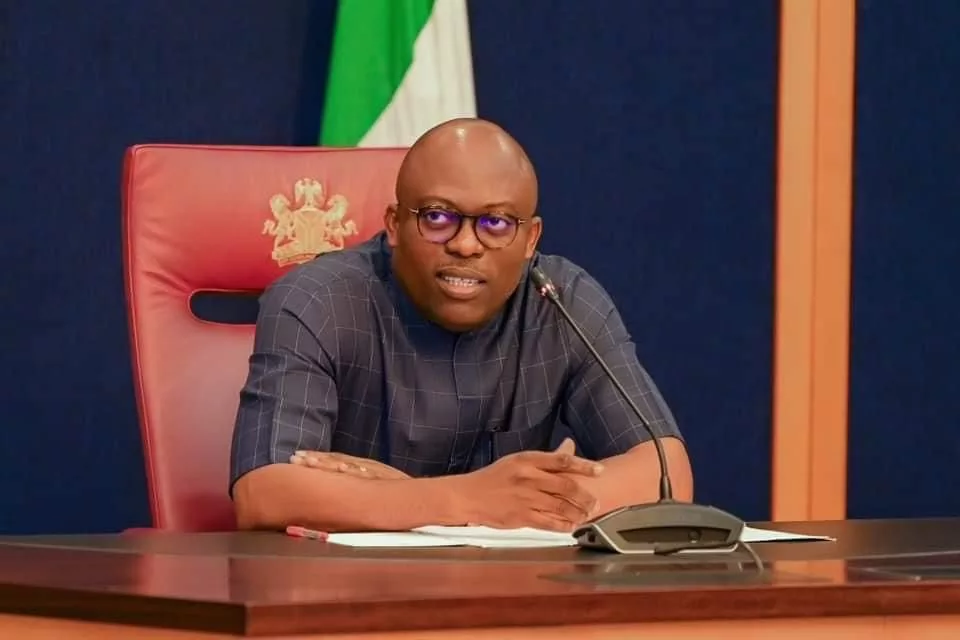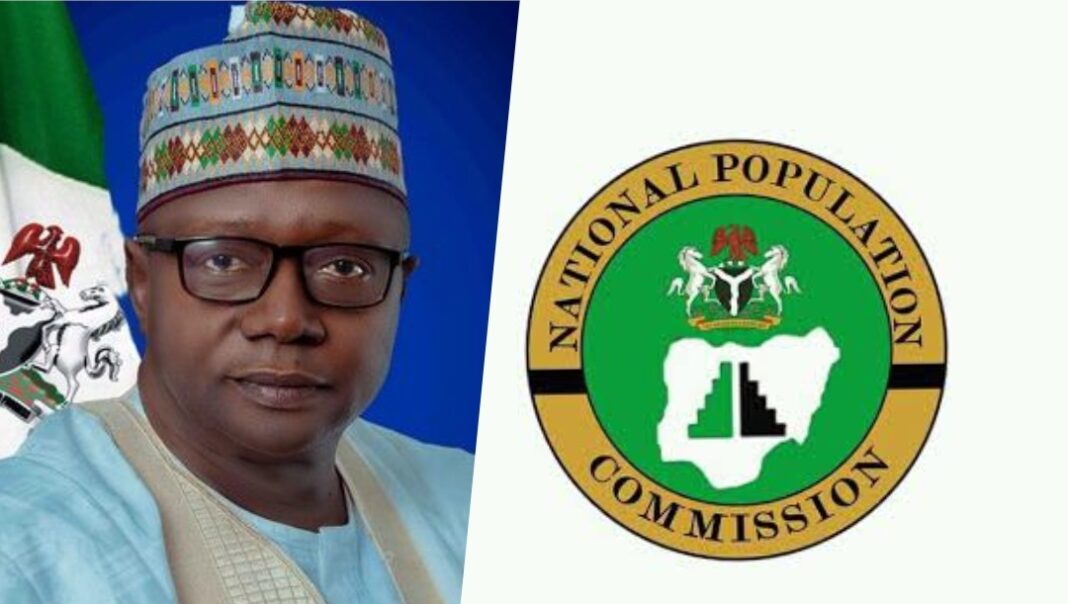ABUJA, Nigeria (CHATNEWSTV) — The Nigerian Senate on Thursday passed for a second reading four contentious tax reform bills proposed by President Bola Ahmed Tinubu, despite opposition from Northern governors, traditional rulers, and the Northern Elders Forum.
The decision followed a lead debate by Senate Leader Opeyemi Bamidele (APC, Ekiti Central), who presented the bills during plenary. Senators engaged in extensive discussions on the measures, which aim to overhaul the nation’s tax policies.
“This administration is committed to fiscal reforms that will promote economic growth and address revenue challenges,” Bamidele said while urging lawmakers to support the bills.
However, resistance to the legislation has been vocal. Northern stakeholders, including governors, traditional leaders, and the Northern Elders Forum, have criticized the bills, arguing that they could harm national unity and disproportionately burden certain regions.
“The proposed tax reforms are not in the interest of the nation and could widen existing disparities,” a statement from the Northern Elders Forum read earlier this week.
On Wednesday, senior officials from Tinubu’s administration appeared before the Senate to defend the bills, offering detailed explanations and justifications for the proposed changes.
During the debate, senators expressed mixed reactions. Some lauded the reforms as necessary to address Nigeria’s revenue shortfalls, while others cautioned against measures that could exacerbate economic hardships for citizens.
Senator Ali Ndume (APC, Borno South) urged the government to consider alternative approaches to revenue generation. “While tax reforms are critical, they must not place an undue burden on already struggling Nigerians,” he said.
The bills are expected to proceed to the committee stage for further scrutiny.
President Tinubu has emphasized the importance of tax reforms in his administration’s economic agenda. The proposed changes come amid growing fiscal pressures and the need to diversify government revenue sources.
Critics, however, warn that without broad consensus, the reforms risk alienating key stakeholders and exacerbating regional tensions.
The Senate will reconvene in the coming weeks to deliberate further on the legislation before a final vote is taken.





